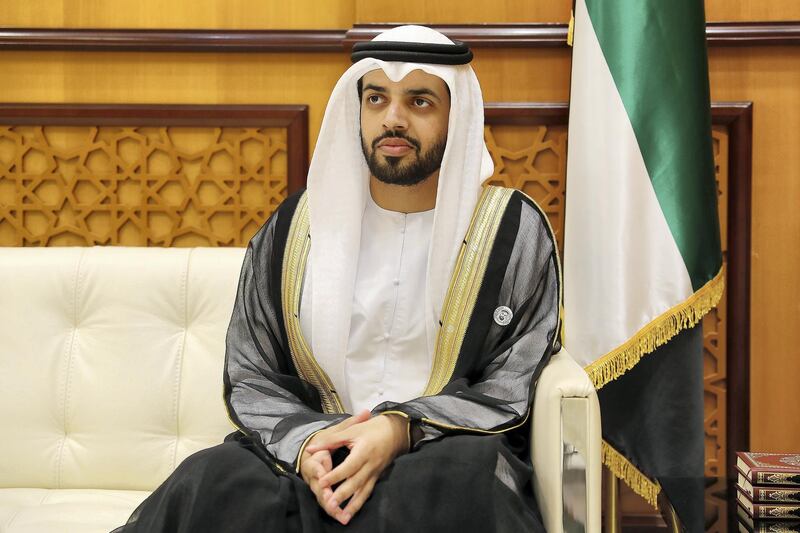The most telling aspect to the newly launched Fatwa Council in the UAE was neatly encapsulated by Sheikh Omar Al Darei, one of the body's founding members. The director of the fatwa department at the General Authority of Islamic Affairs and Endowments (Awqaf), which previously carried the responsibility for issuing religious edicts, had this to say at the council's launch on Sunday: "In this country, people of all religions pray side by side. The mosque is next to the church and there is no place for extremists and intolerance."
Some religious leaders prioritise being strict and occasionally authoritarian as being the “proper way” of doing things.
As those who have studied religious text know, its meaning can often be open to interpretation. Religious texts can also be subject to exploitation, with terrorist groups twisting and distorting holy scriptures to suit their own malevolent purposes.
That has been amply demonstrated by the likes of ISIS and Al Qaeda, which claimed to have a divine purpose but were guided by no more than bloodthirsty barbarism. In an age of social media, the young and impressionable are at risk of falling victim to false messages or twisted logic.
The Fatwa Council will offer a touchstone for those seeking spiritual guidance as well as unity in the message being broadcast. It will act as an umbrella under which all fatwas in the country will fall to spare those in need from getting conflicting messages or being manipulated by rogue elements.
Underlying the council’s ethos are the UAE’s founding principles – themselves based on Islam – of tolerance, respect and a peaceful co-existence.
Its values mirror those of the UAE, banning discrimination on the basis of religion, colour or creed. Awqaf already fields more than 1,000 calls a day with queries on everything from organ donation to sharia-compliant banking.
In a region that suffers more than its fair share of conflict and conflicting messages, the council’s guiding light will be a welcome addition and reinforce values of peace and acceptance.





